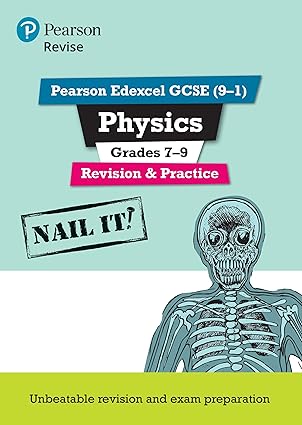Attributes of a Most Able Learner in Science
A Most able learner in Science is someone who has an intrinsic drive to consistently achieve or perform at the highest level.
Most able learners demonstrate a strong understanding of key concepts, ask thoughtful questions during discussions, and apply knowledge learned to new situations. They show curiosity, think critically, and work independently, often going beyond the curriculum. They are confident with practical work, data analysis, and the use of tier three terms in scientific communication.
These learners are resilient, engage well with feedback, and are enthusiastic to deepen their learning through challenge and exploration. Regular homework completion and revision tasks will be completed to the best of their ability, with learners taking responsibility for their progress and striving for high standards in all areas of their work.
Learning Outside of the Classroom
Learning beyond the curriculum can take place by engaging with online platforms such as; Livescience.com, Space.com, The Royal Society of Biology and The Institute of Chemistry and Physics. Learners may also wish to engage in reading beyond class revision materials, accessing the broad range of resources available at the LRC, attending science club and by participating in extracurricular competitions advertised within the science department, complete self-directed home experiments and visit local places of scientific interest.
Edexcel Revision Guides for Key Stage 4
All learners have access to the Kepier online science revision documents:
- Biology revision document
- Chemistry revision document
- Physics revision document
If additional revision materials would like to be purchased, we recommend:
 |
 |
 |
How We Support Most Able Learners in Lessons
| Disciplinary Skill/Knowledge | Tailored Support |
| Be able to correctly and consistently use tier 3 scientific vocabulary |
|
| Be able to retrieve and apply powerful knowledge to application style questions |
|
| Be able to confidently demonstrate their ability in practical work |
|
| Literacy |
|
What Can Parents/Carers Do To Support?
By supporting your child’s passion and enthusiasm for the subject you can help them to develop their understanding by:
- Remote learning (accessed via Google Classrooms) is completed when lessons are missed due to absence or medical appointments
- Encourage learners to engage in revision using the suggested revision schedule (shared on the school learner platform)
- Checking all work and homework is completed thoroughly
- Ensuring that regular revision and retrieval practice is taking place
- Encourage learners to ask for help if they are struggling
- Encourage learners to engage with online scientific literature such as: Live Science, National Geographic and Space.com
Useful Websites
https://www.bbc.co.uk/bitesize/levels/z98jmp3
(BBC Bitesize)
https://www.physicsandmathstutor.com
(Physics and maths tutor)
https://sparxscience.com
(Sparx Science Independent Learning – homework platform)
https://continuityoak.org.uk/Lessons
(Oak Academy teacher led lesson resources)
https://cognitoedu.org/home
(Cognito science)
https://www.freesciencelessons.co.uk
(Free Science Lessons (Edexcel))
https://studymind.co.uk/ucas-guide/topic/gcse
(Study Mind)
https://www.youtube.com/watch?v=qlv2YsL7tCY
(Pearson Edexcel Youtube)

